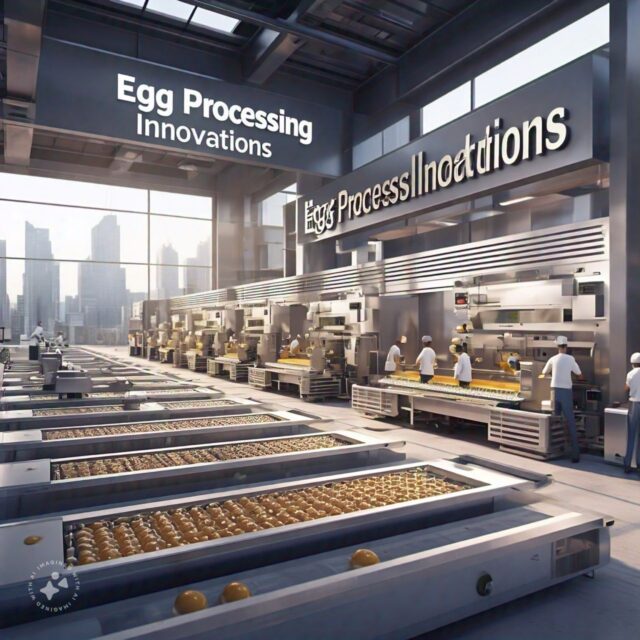
Trends and Innovations in the Egg Processing Sector
The egg processing sector has undergone significant transformations in recent years, driven by technological advancements, changing consumer preferences, and a growing emphasis on food safety and sustainability. This article explores some of the key trends and innovations shaping the industry.
Key Trends in Egg Processing
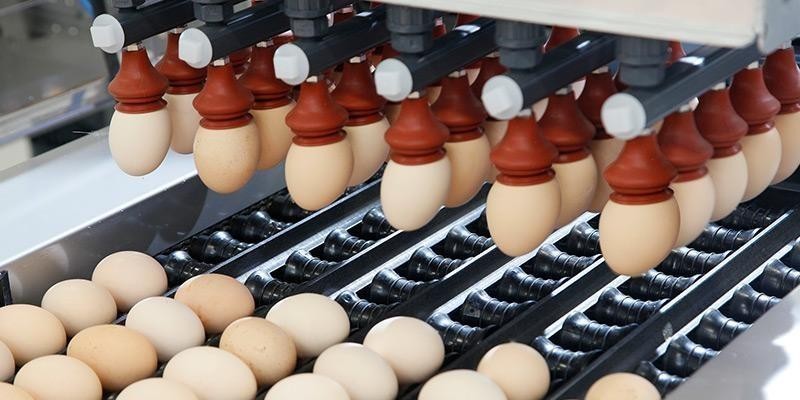
- Increased Automation:
- Egg Grading and Packaging: Automated systems can accurately sort eggs based on size, weight, and shell quality, while also improving packaging efficiency.
- Pasteurization: Automated pasteurization processes ensure food safety and extend shelf life.
- Cleaning and Sanitization: Automated cleaning and sanitization equipment help maintain hygienic conditions throughout the processing facility.
- Focus on Food Safety:
- Point-of-Lay (POL) Vaccination: This practice involves vaccinating hens against diseases such as Salmonella before they start laying eggs, reducing the risk of contamination.
- Improved Traceability: Advanced tracking systems can trace eggs from the farm to the consumer, enhancing food safety and recall processes.
- Stricter Regulations: Governments and regulatory bodies are implementing stricter food safety standards to protect consumers.
- Consumer-Driven Innovation:
- Functional Eggs: Eggs enriched with nutrients like omega-3 fatty acids, vitamins, or minerals are gaining popularity.
- Free-Range and Organic Eggs: Consumers are increasingly demanding eggs from hens raised in more humane and sustainable conditions.
- Plant-Based Egg Alternatives: The rise of plant-based diets has led to the development of innovative egg alternatives made from ingredients like tofu, chickpeas, or lentils.
- Sustainability and Environmental Responsibility:
- Reduced Carbon Footprint: Egg processors are exploring ways to reduce their environmental impact, such as implementing energy-efficient practices and reducing waste.
- Ethical Sourcing: Consumers are becoming more aware of the ethical implications of egg production, leading to a demand for eggs from suppliers who prioritize animal welfare and sustainable practices.
- Technological Advancements:
- Artificial Intelligence: AI is being used to optimize production processes, improve quality control, and predict consumer trends.
- Blockchain Technology: Blockchain can provide enhanced traceability and transparency in the egg supply chain.
- 3D Printing: While still in its early stages, 3D printing could potentially be used to create customized egg products or create edible packaging materials.
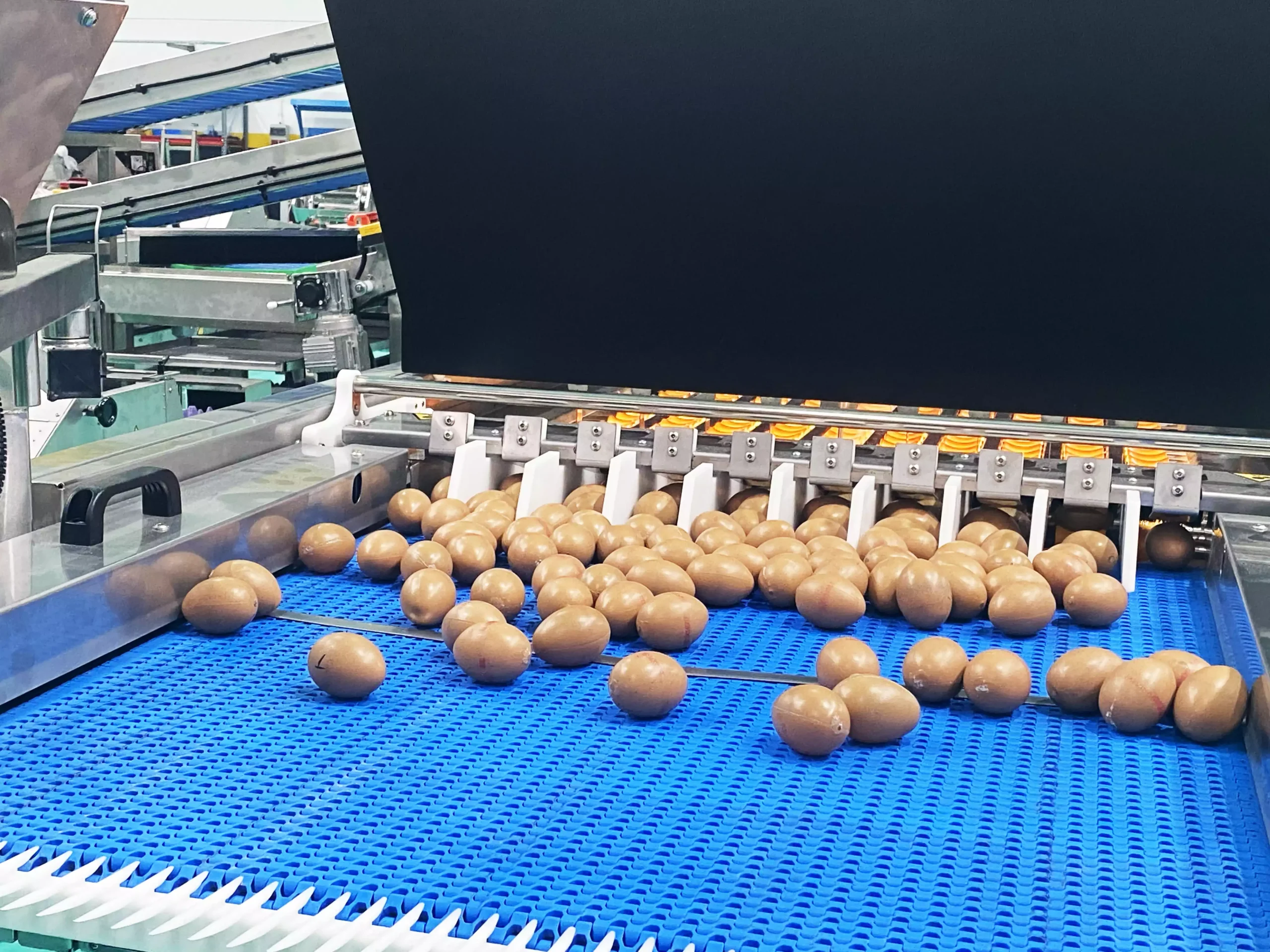

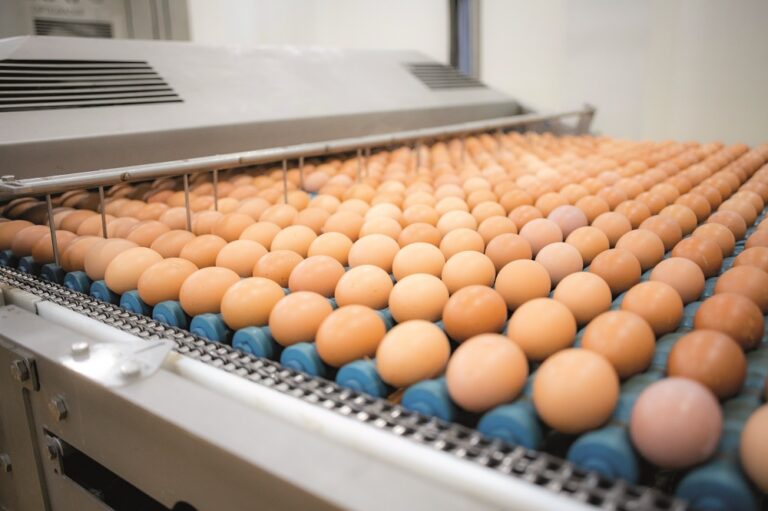
Innovations in Egg Processing
- Liquid Egg Products:
- Pasteurized Liquid Eggs: These are widely used in foodservice and baking industries for their convenience and consistency.
- Dried Egg Products: Dried egg whites and yolks are used in various applications, including baking, confectionery, and processed foods.
- Egg-Based Convenience Foods:
- Ready-to-Eat Egg Dishes: Products like hard-boiled eggs, scrambled eggs, and omelets are available in pre-packaged formats for convenience.
- Egg-Based Snacks: Egg-based snacks like chips, crackers, and protein bars are gaining popularity.
- Egg-Derived Ingredients:
- Egg Yolk Powder: Used as an emulsifier and binder in various food products.
- Egg White Powder: Used as a foaming agent and stabilizer.
- Egg Lecithin: A natural emulsifier and antioxidant.
- Innovative Egg Packaging:
- Sustainable Packaging: Egg processors are exploring eco-friendly packaging materials to reduce their environmental impact.
- Smart Packaging: Packaging with sensors or QR codes can provide consumers with additional information about the product.
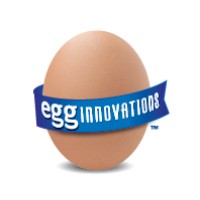
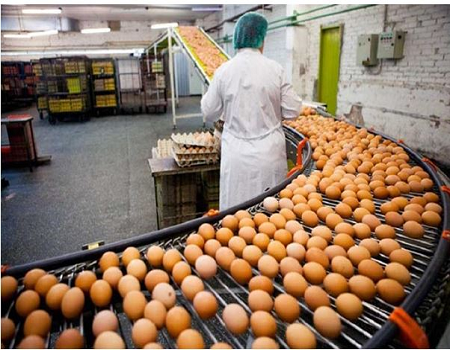

Future Trends in Egg Processing
As technology continues to evolve, we can expect to see further innovations in the egg processing sector. Some potential future trends include:
- Personalized Egg Products: Tailored to specific dietary needs or preferences.
- Increased Use of Plant-Based Egg Alternatives: As plant-based diets become more popular.
- Further Integration of Technology: For example, using robotics for egg handling and inspection.
- A Stronger Focus on Sustainability and Ethical Sourcing.

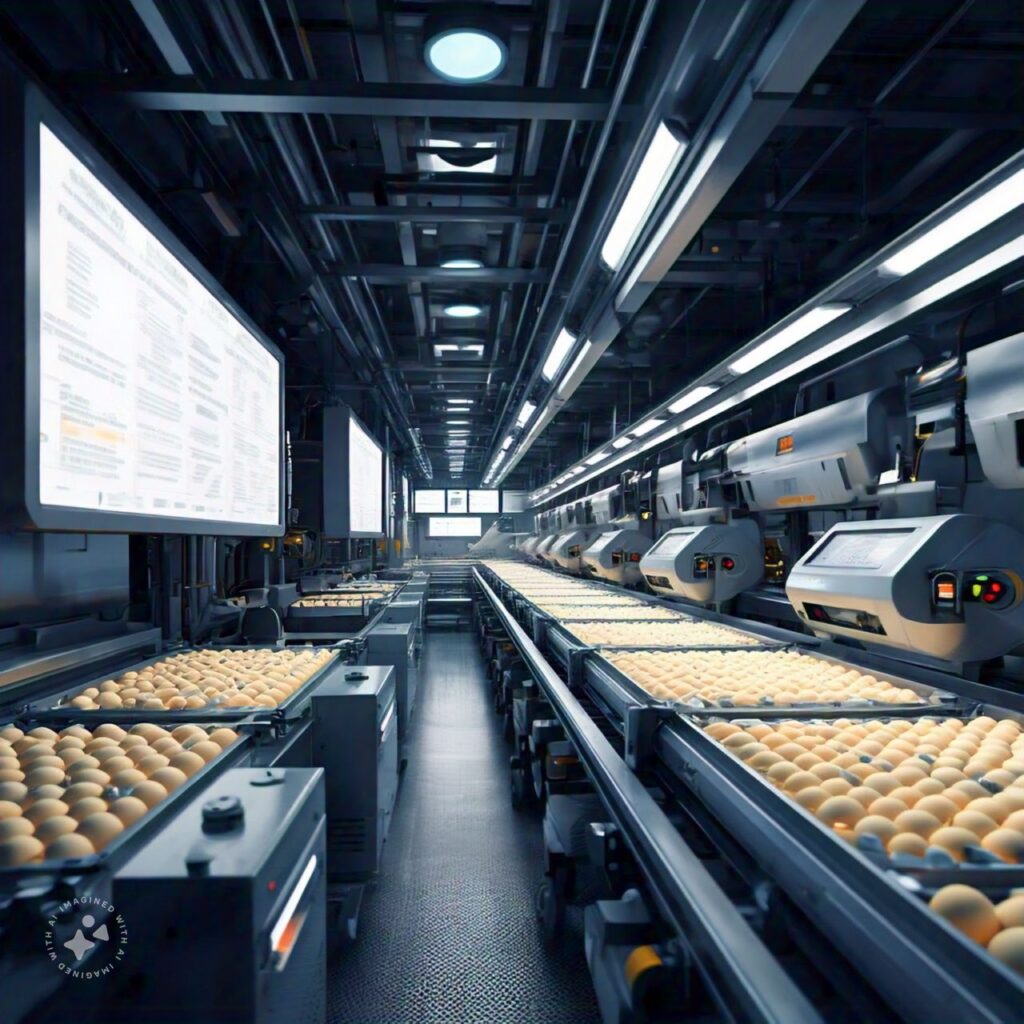
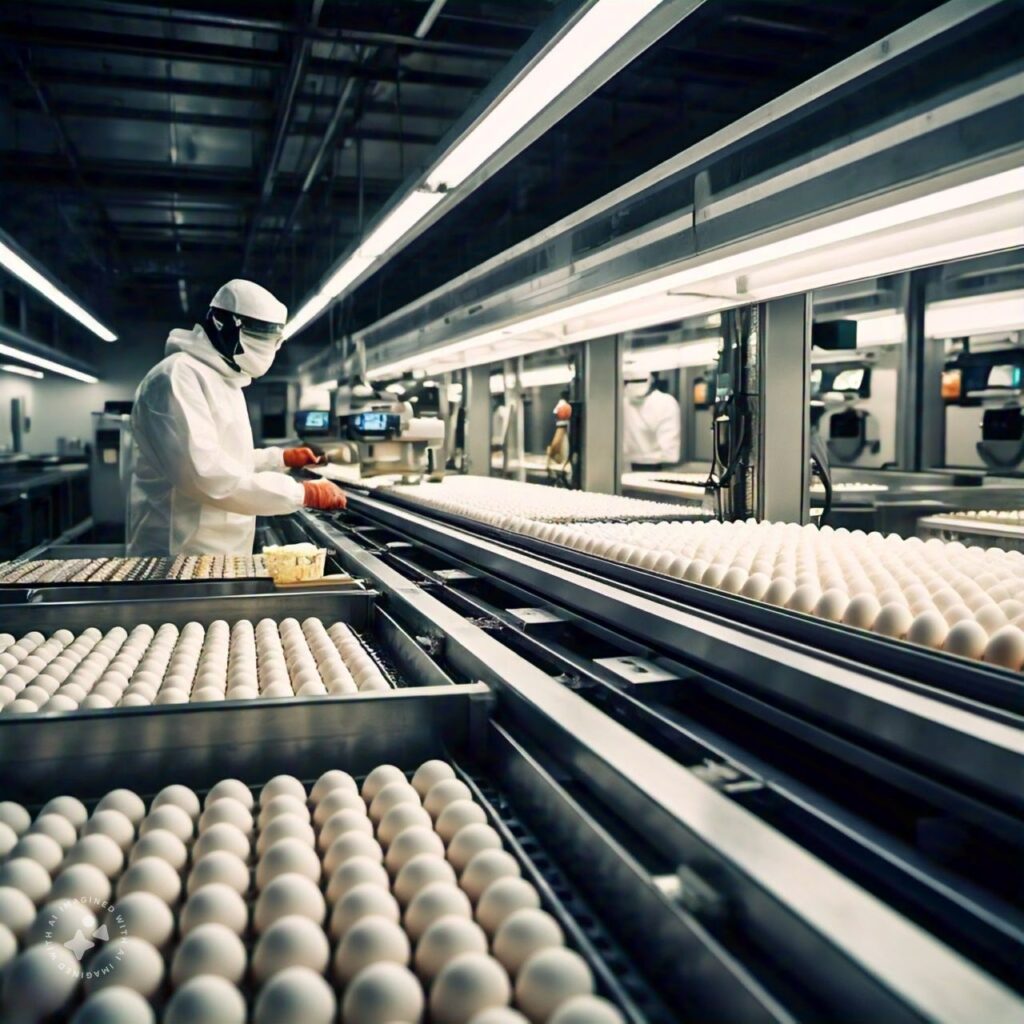
The egg processing sector is dynamic and constantly evolving. By embracing these trends and innovations, industry players can meet the changing demands of consumers, improve efficiency, and ensure a sustainable future for the egg industry.
















